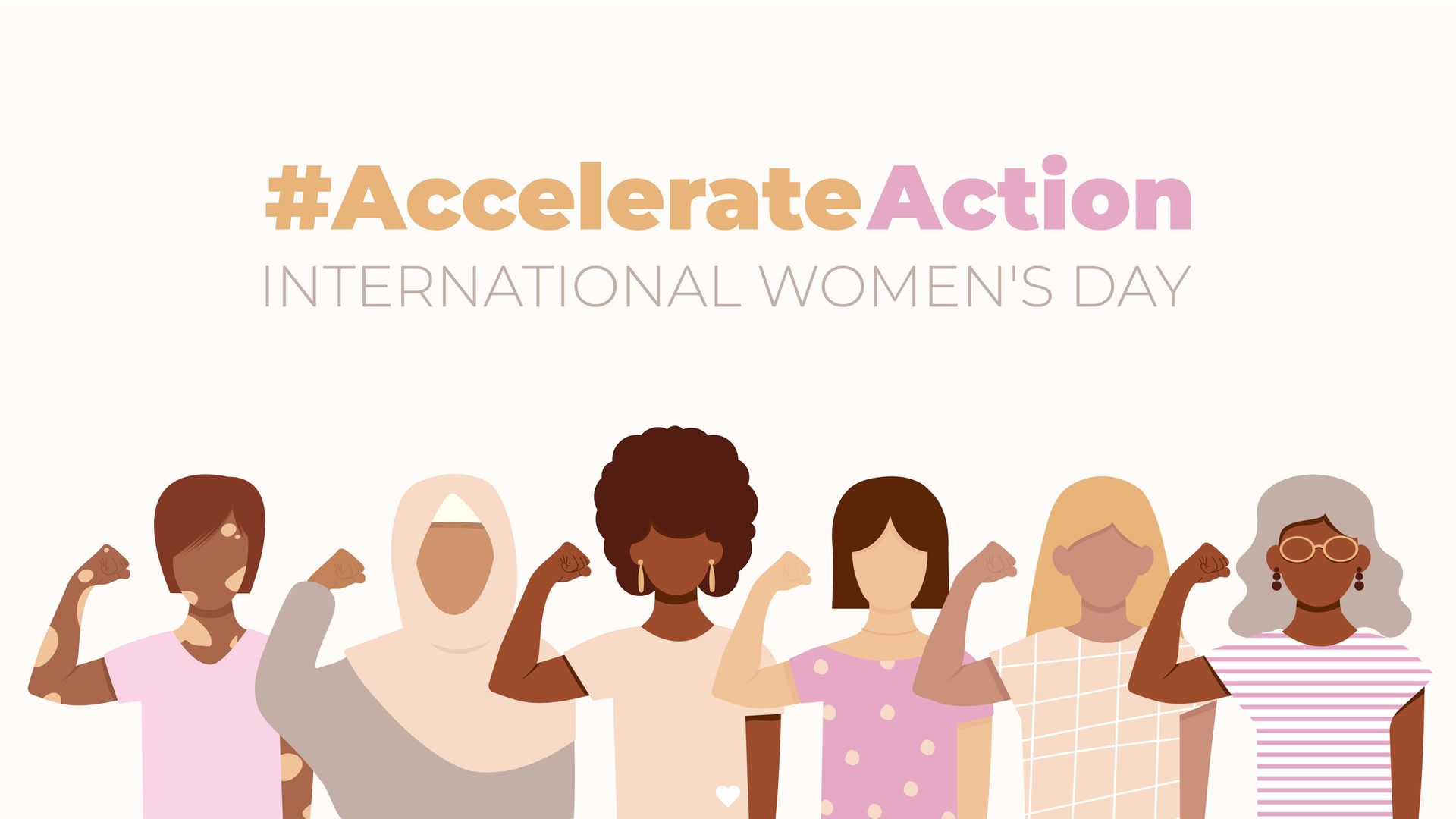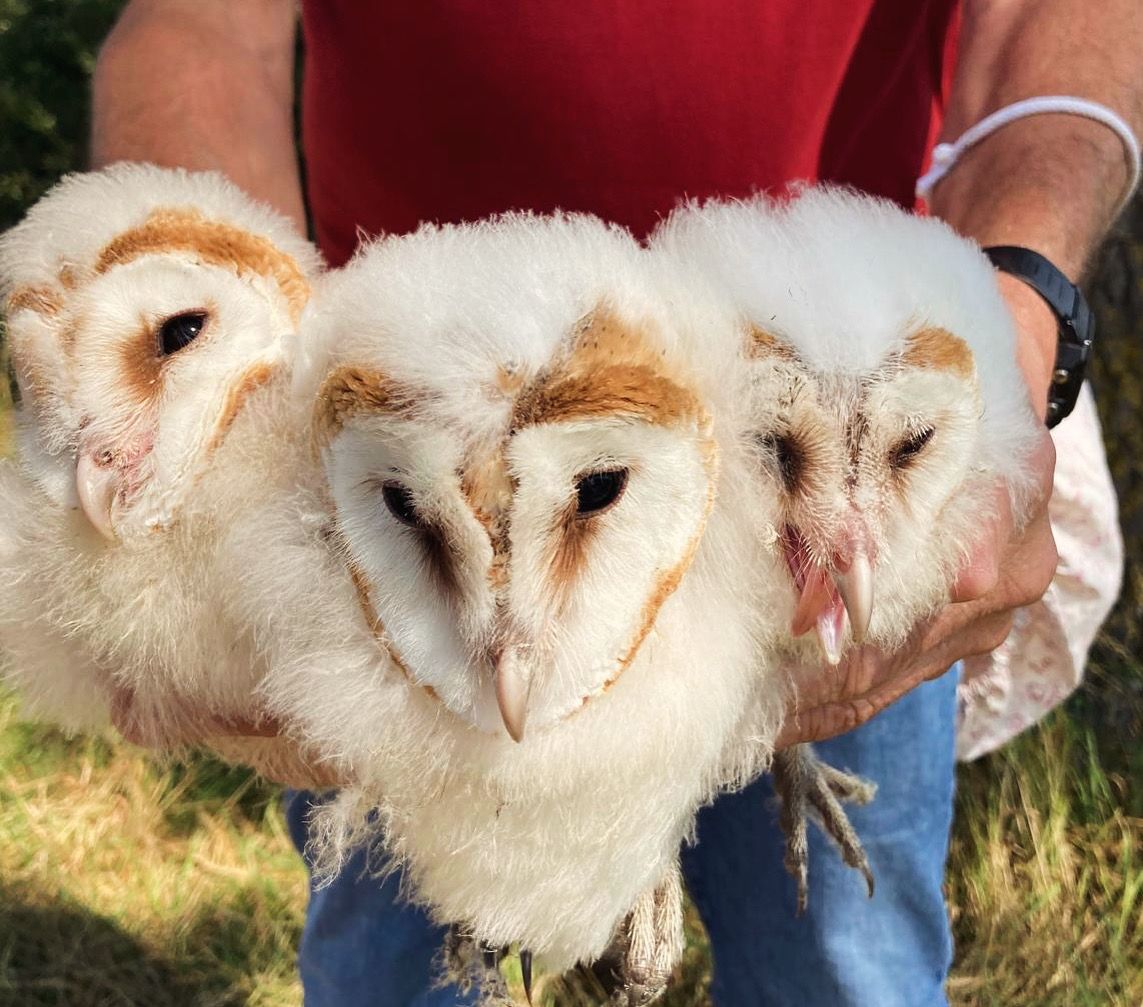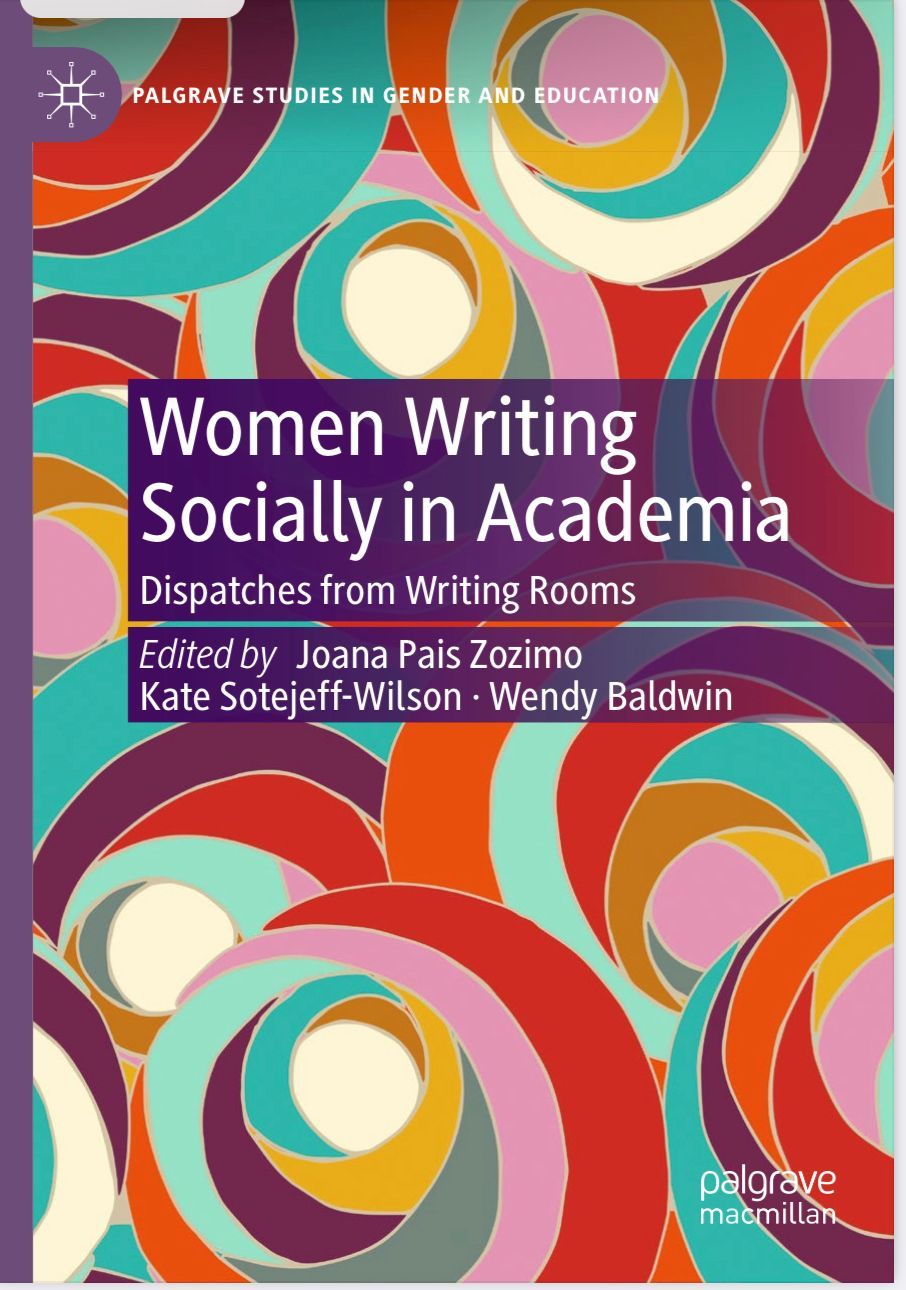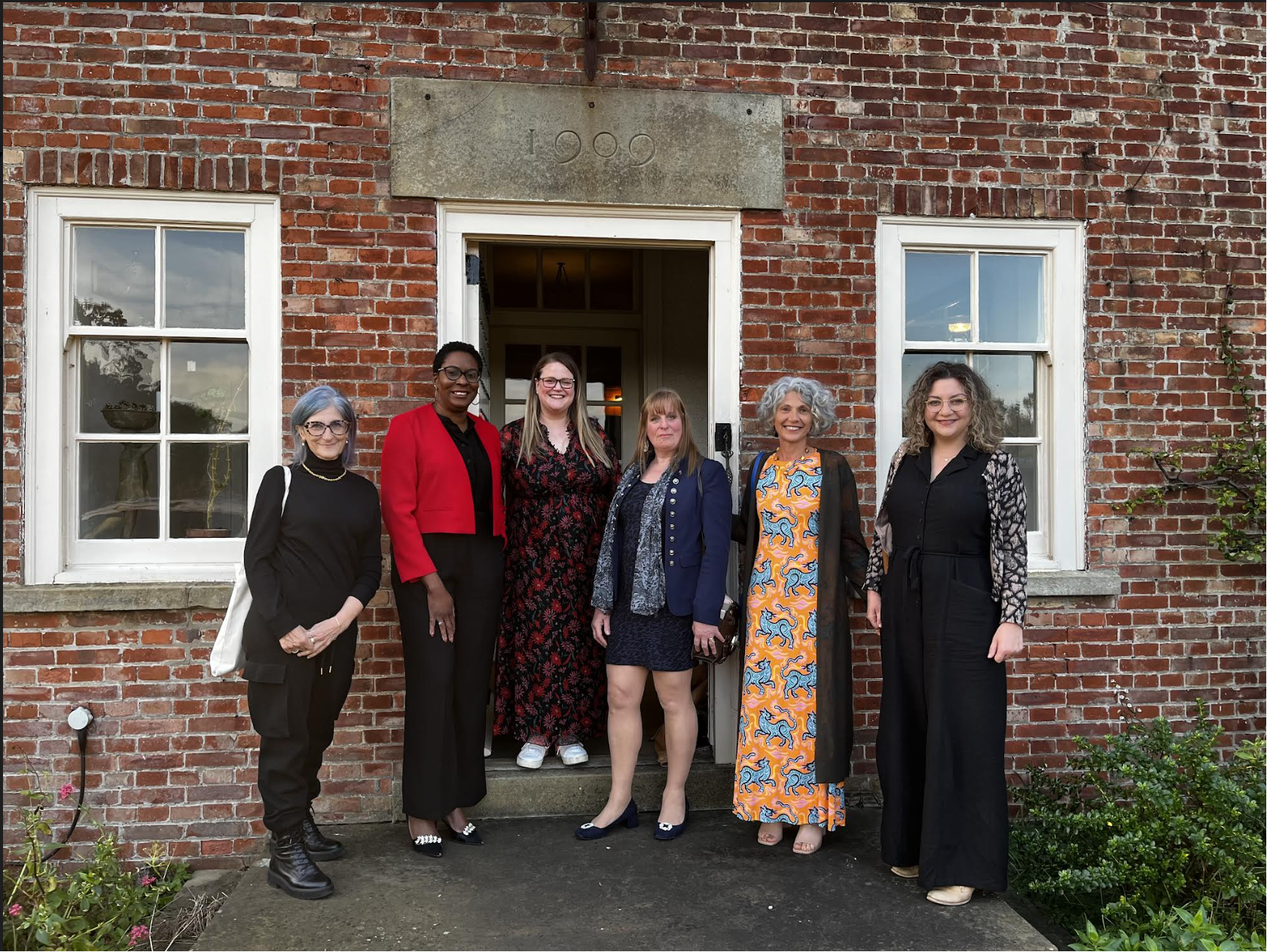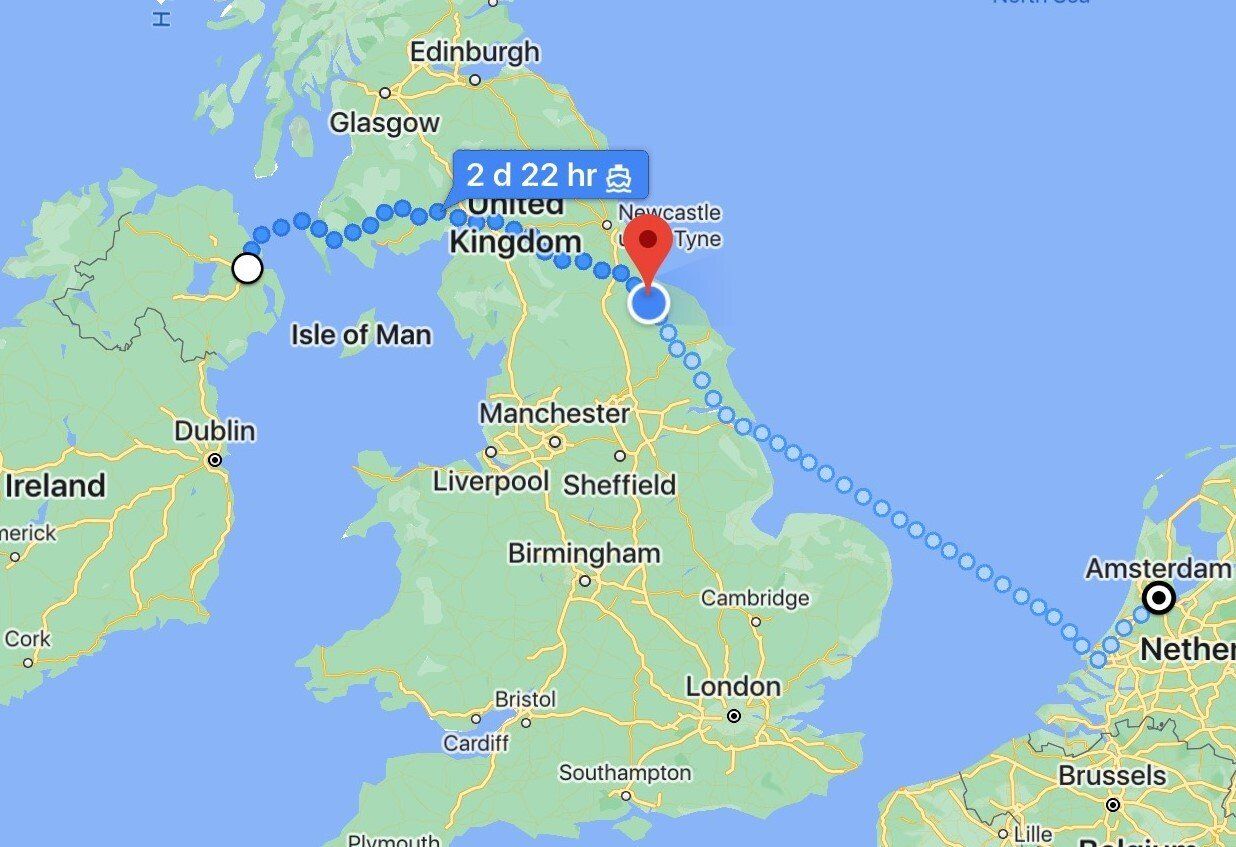On our last Writing Retreat, hosted before Covid-19 brought lockdown to the UK, I asked one of our participants to share her thoughts about attending her first retreat at Chapelgarth. Alice Wilson, PhD student, York University, Sociology Department sent us her thoughts and a few tips for everyone!
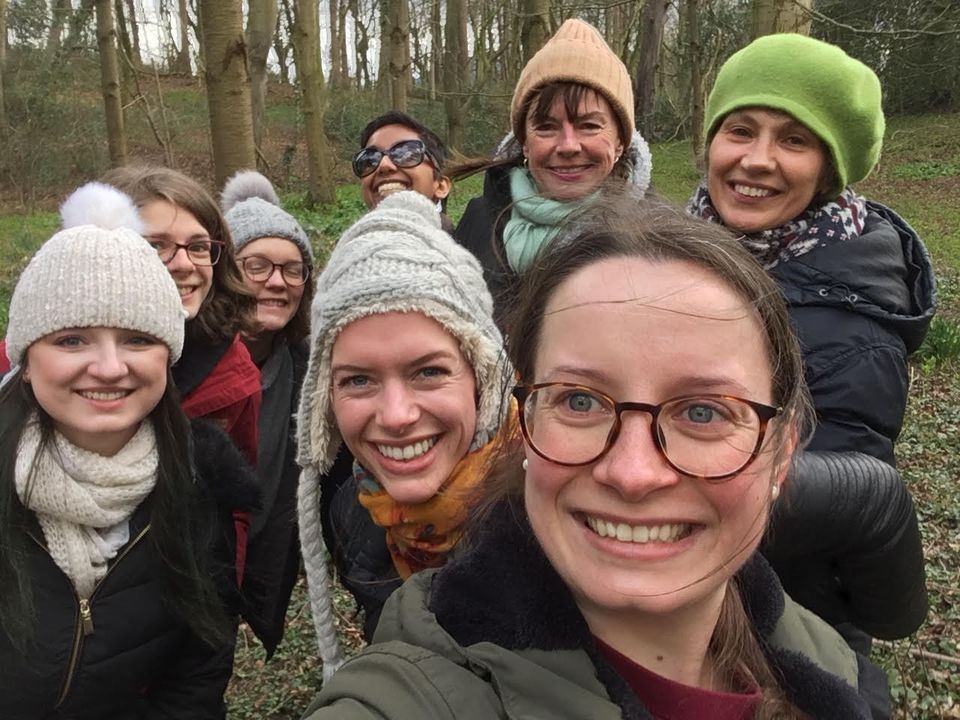
It’s looking like the clustered spring bulbs will be the only ones allowed to crowd together for some time. Luckily for us, our writing retreat at Chapelgarth Estate took place just before the increasing social distancing measures were rolled out. The impact of those few days was so striking, my productivity so extraordinarily high, it prompted me to consider if there were simple, distilled mechanisms underpinning the success of the retreat. After doing some research and making not one, but four flow-charts, I have come-up with the following six steps to mastering any writing retreat. I hope they are useful to you.
1. Be gentle with yourself about your goals for the retreat. It would be ill-advised to set yourself up for disappointment by committing to writing six thousand words over the course of a two-day writing retreat. Much more sensible is to set yourself up to exceed your own expectations by setting attainable goals that will still progress your project even if you do not exceed the word count. And if you do, all the better.
2. Prepare for the retreat. This means reading relevant papers, notes, chapters. It also means bringing hiking boots or wellies so that you can enjoy the rousing great outdoors on one of Marcella’s fantastic woodland walks. Bring leggings so that you can enjoy the morning yoga that she offers. Bring a journal and a pen to doodle, record your thoughts and feelings about the days; this can be exceptionally revealing and make for fascinating and illuminating reading at a later date. Bring a memory stick, just in case. Being well prepared is a way of giving the gift of relaxation to yourself.
3. Make friends with everyone. It was an utter treat and unearned privileged to be marooned inside Marcella’s stunning period home with a collection of such powerful and brilliant women that it could make one weak at the knees. If you can possibly manage it, don’t just talk to people out of a sense of obligation or politeness; instead, get excited about this unknown friend and find out how you can help them – who could you introduce them to, what books have you read that might help them. The cascade of positive outcomes that arise from this way of approaching interactions in writing retreats is vast.
4. Turn up at the page. This is perhaps a more abstract incitement to creative arms, but no less valuable. You will be more productive if you can silence your inner editor. When the scheduled writing times commence, write something, anything, and keep writing. Everything can be changed or removed afterwards. Try not to get in your own way; first drafts are just that. It is a sad truism that we find it so intuitive to berate and scold ourselves and our creative attempts with a cruelty that we would never use with others. This is creative sabotage, and is one tool in a full psychological suite that aims to keep us mired in the present moment so as to avoid the inevitable humiliations and failures of the future. When this voice arrives in your minds ear, thank it for trying to look out for you, and then politely but firmly inform it that you are going to proceed anyway.
5. Eat all of the food. Marcella makes her own granola from scratch, so I think that pretty much sums up that point. If your particular writing retreat is not catered then do try to prioritise plenty of nutritious food if you possibly can, because eating well is vital to our ability to think well and feel good. Drink water. You know the drill.
6. Celebrate your accomplishments. We could all do with a little more of this. Celebrate each other’s accomplishments and allow yourself to own the successes you have achieved. Research suggests that those who offer sincere praise to others tend to have closer friendship groups, better relationships with their colleagues, and are rated as more reliable and competent. Confident happy people who like themselves give praise, and in the words of Amy Cuddy “Fake it until you become it. It’s backed by science.”
Writing retreats have been shown to cultivate a focused productivity that is hard to find at home or in the office. The added benefits of staying somewhere like Chapelgarth is that everything is taken care of for you; sensational food, exercise, socialising, glorious rooms with capacious beds, writing, more food. I was astonished at how much good work I got done in two days, and these six simple steps underpinned my enjoyment and my output. I hope they can do the same for you.
You can follow my research into tiny houses here: www.tinyhouseresearch.co.uk
Tweet me: @neither_both
Oggle my work on Instagram: @tiny_house_research_uk

